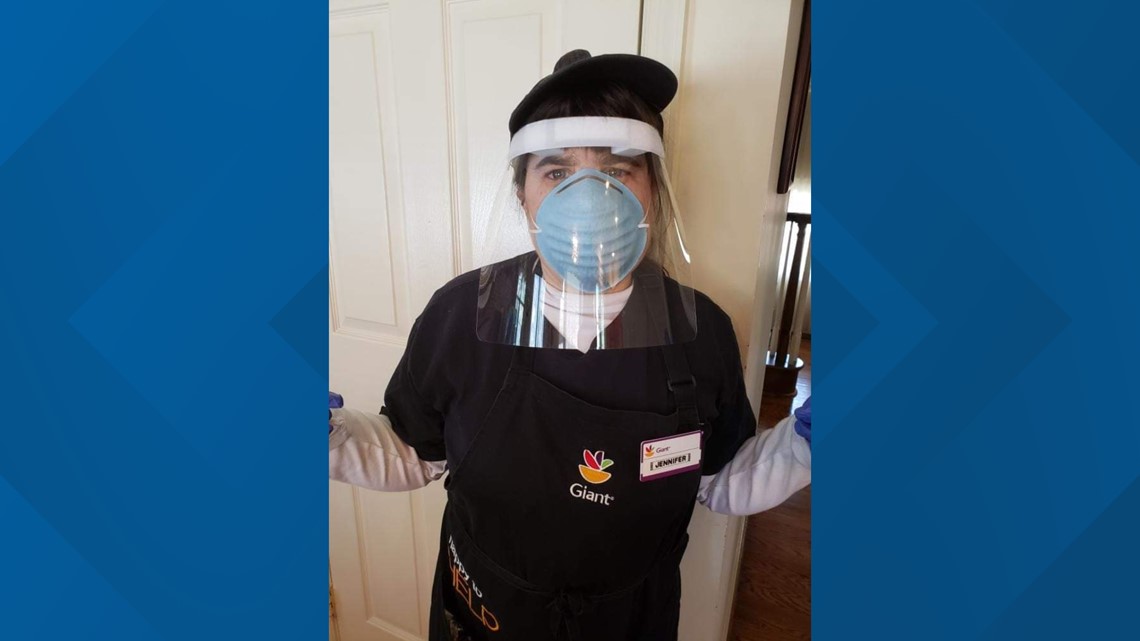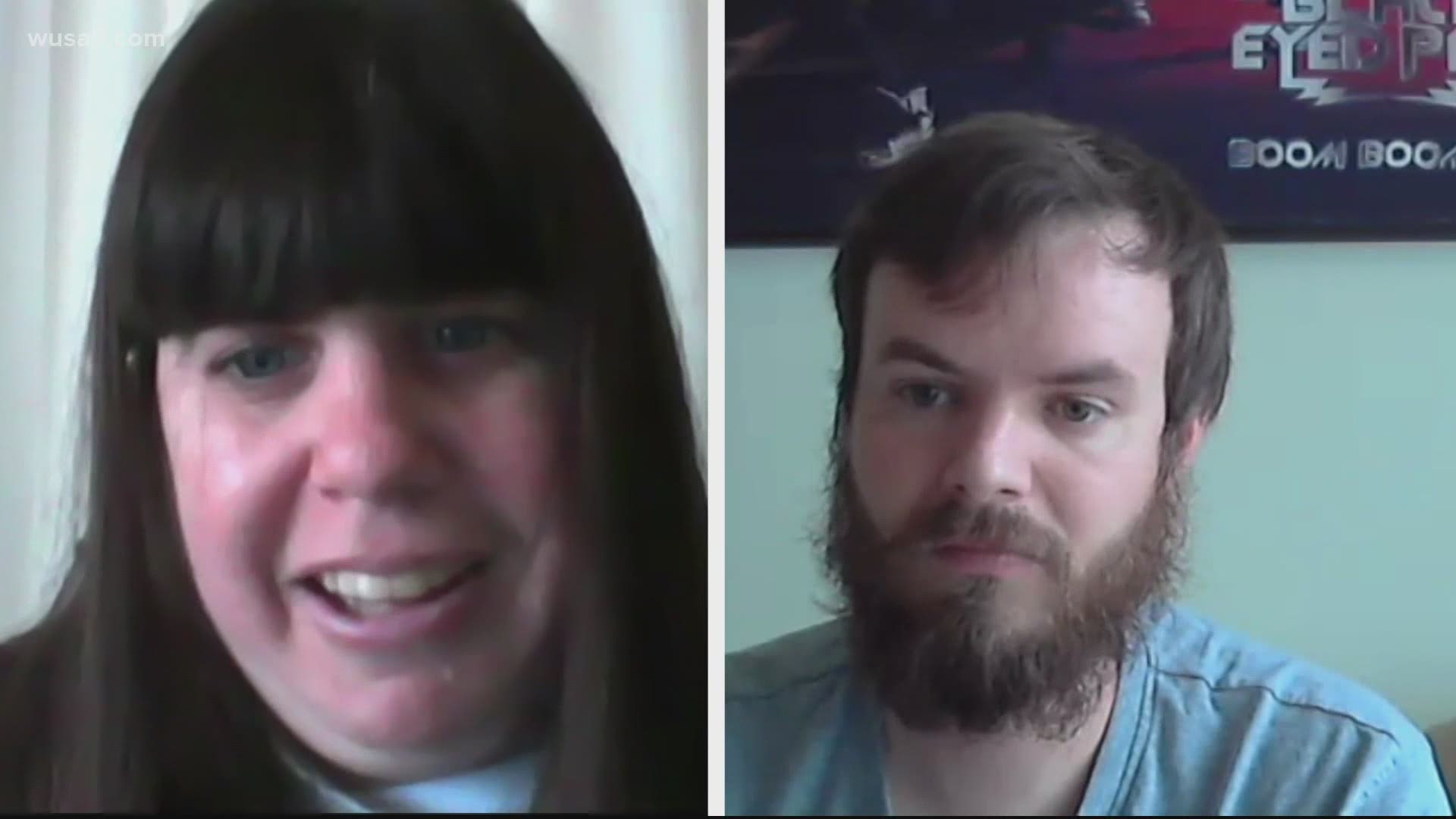ROCKVILLE, Md. — The coronavirus pandemic has created new challenges for everyone, but for people living with developmental disabilities, there are a few extra.
The Executive Director of The Treatment and Learning Centers in Rockville, Dr. Pat Ritter, said their clients have dealt with everything from not fully grasping the gravity of the situation to struggling with technology.
One of the adults they help is 35-year-old Jennifer Shannon, who works in a grocery store and happens to have a learning disability.
"It’s just been challenging because of the fact that there’s a lot of changes that’s been happening at work," Shannon said.
She said they've changed store hours, added directional arrows in the aisles, and have required employees like her to wear PPE consisting of masks, gloves and aprons in the store.


"I know with my disability, there is a lot of things that are hard for me, but then when I look at people without a disability, I can definitely see the difference," Shannon said. "With my disability…with like transportation, I can’t even drive, and that’s the biggest thing, and the only way I can get around is if I have a family member who actually doesn’t have a disability."
Shannon said overall she's doing well and is happy to be at her job, where the center regularly reports she excels.
Dr. Ritter said they work with more than 200 adults with developmental disabilities, about half of whom they have helped to find employment.
Ritter said she has heard of some other challenges from her patients, mainly with structure, anxiety and technology.
“Some of the individuals we serve also have social communication issues, so even the interaction piece…all of the sudden it’s a new social interaction arena…it’s really tough," Dr. Ritter said.
Another client, 32-year-old Conor O'Shaughnessy, admittedly prefers routines. He said he's missing the mail job he loves at the National Institutes of Health in Bethesda.


The pandemic threw a wrench in his weekly routine, which was typically filled with work, theatre rehearsals and Special Olympics practice.
"It felt pretty sudden," O'Shaughnessy said. "We all feel like we’re in a world that we’ve never been in before…[but] I am pretty adaptable."
He said the center has helped.
"They still contact me and check on me once in a while, ask if I ever need anything," he said.
The center provides a number of specific employment services, from building a resume to helping clients decide what type of career they're interested in.
"Once someone’s employed, we do job coaching," Dr. Ritter said. "We’re there to support the employee and employer to make sure they’re successful, but our ultimate goal is independence."
Ritter said Shannon and O'Shaughnessy are two of their success stories.

